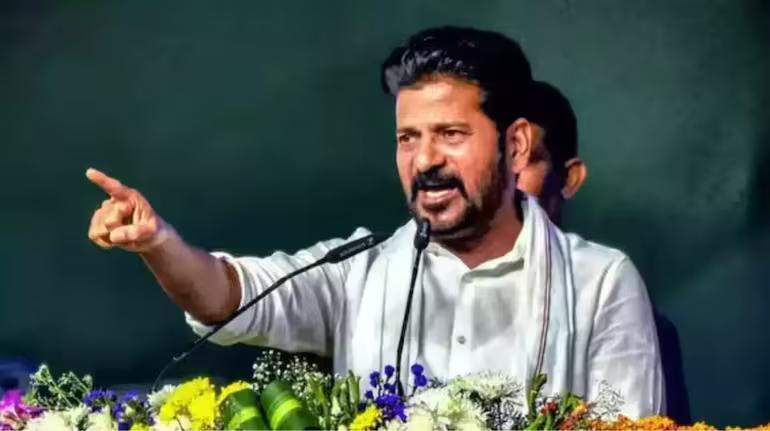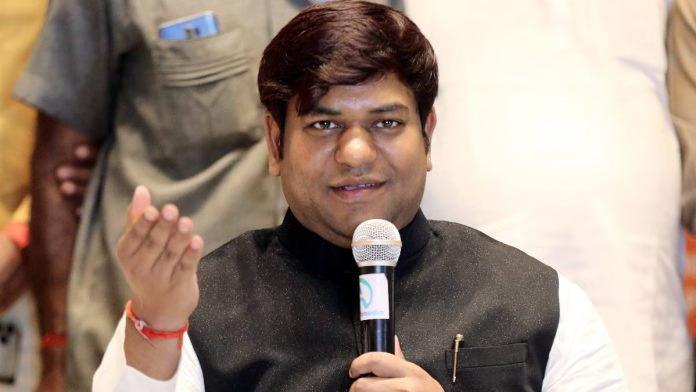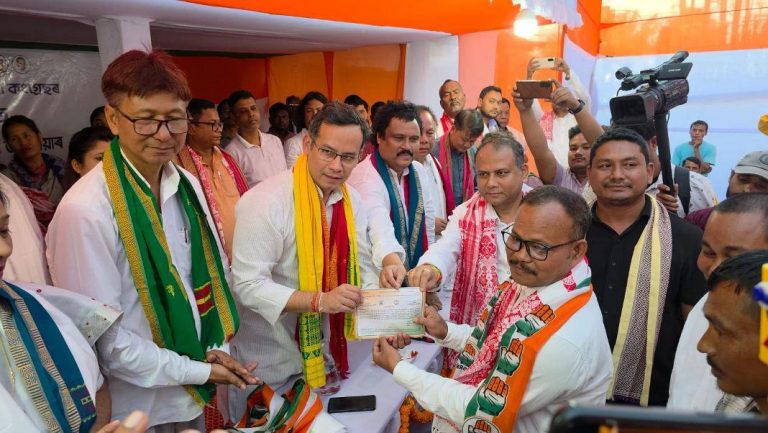
Swiggy Politics Have Come, It’s About Who Can Deliver Fast: Reddy
In today’s fast-paced world, the concept of politics has undergone a significant transformation. Gone are the days when political leaders were driven by a strong ideology and a desire to serve the nation. Today, it’s all about who can deliver the fastest, and this shift is a threat to democracy, according to Telangana Chief Minister Revanth Reddy.
In a recent statement, Reddy expressed his concerns about the changing nature of politics in the country. He stated that “swiggy politics” have come, and it’s about who can deliver fast. This comment is a reflection of the current political landscape, where politicians are more focused on winning elections and gaining power than on implementing policies that benefit the people.
Reddy’s statement is not an isolated incident. In recent years, there have been several instances where politicians have prioritized their personal interests over the well-being of the nation. This shift in priorities has led to a decline in democratic values and an increase in political managers who are more concerned with winning elections than with serving the people.
So, what is “swiggy politics”? The term refers to the practice of delivering quick results and instant gratification, often at the expense of long-term benefits. In the context of politics, swiggy politics means that politicians are more focused on winning elections and gaining power than on implementing policies that benefit the people.
This trend is not unique to India. In many countries around the world, politicians are more concerned with winning elections and gaining power than with serving the people. This shift in priorities has led to a decline in democratic values and an increase in political managers who are more concerned with winning elections than with serving the people.
So, what are the consequences of swiggy politics? One of the most significant consequences is the decline of democratic values. When politicians are more focused on winning elections and gaining power than on implementing policies that benefit the people, they are more likely to compromise on their values and principles.
Another consequence of swiggy politics is the rise of political managers. Political managers are individuals who are more concerned with winning elections than with serving the people. They are often responsible for managing the campaigns of politicians and are more focused on winning elections than on implementing policies that benefit the people.
The rise of political managers has also led to a decline in the importance of ideology in politics. In the past, politicians were often driven by a strong ideology and a desire to serve the nation. Today, however, ideology is often seen as a secondary consideration, with politicians prioritizing their personal interests and the need to win elections.
So, what can be done to address the problem of swiggy politics? One solution is to encourage politicians to prioritize ideology and the well-being of the nation over their personal interests. This can be achieved by promoting a culture of transparency and accountability in politics, where politicians are held accountable for their actions and decisions.
Another solution is to promote the importance of democratic values in politics. This can be achieved by educating the public about the importance of democratic values and by promoting a culture of civic engagement and participation.
In conclusion, swiggy politics have come, and it’s about who can deliver fast. This shift in priorities is a threat to democracy, and it’s essential that we promote a culture of ideology and democratic values in politics. By doing so, we can ensure that politicians are more focused on serving the people than on winning elections and gaining power.






